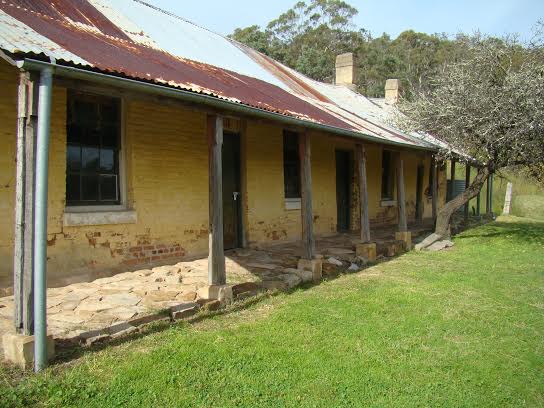What made you decide to pursue a career in history?
My grandmother did our family history when I was really young. She had stories about our family going back to the First Fleet. I became fascinated with how we (me, my family, my community, humanity in general) got to where we are today, and how different people approach history.
Who is the audience for your history?
Anyone who is interested – I am not fussy. It is always a pleasant surprise when people are interested in the same topics that I am.
What’s your favourite historical source, book, website or film?
I love the nineteenth-century English social novels, because they give such a vibrant sense of what it was to live in that place and time. My other favourite is archival records for their raw authenticity that is hard to translate into books and journal articles.
If you had a time machine, where would you go?
The list is long and varied: Egypt at the time of Amenhotep III, the pass at Thermopylae during the Persian invasion, Viking Scandinavia, medieval England, Aboriginal Australia before white contact, Sydney in the 1860s, and a host of others. I am interested in how the “ordinary” people lived rather than big events. Do I have to give the machine back or can I keep it?
Why is history important today?
It lets us visit the past without the time machine, and I hope that a better understanding of the past will help us make better decisions for the future.

Really enjoyed reading Kate’s interview – I’m always fascinated to find out why people chose a career in history – clearly it isn’t for the money – its the passion for the subject and great to hear what has inspired it.
I agree, Kate, about 19th century English novels (and Russian)- just about to re-read ‘Middlemarch’ after 44 years!
Middlemarch: a novel for grown ups, said Virginia Woolf!
Thanks Kate, I agree archival records help me really connect with people from the past, all their hopes and dreams, and disappointments, in some ways the same as the present